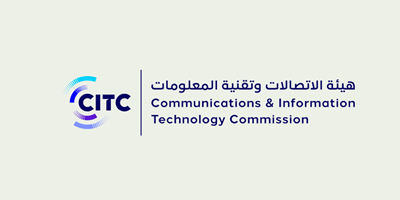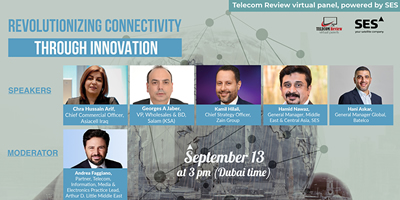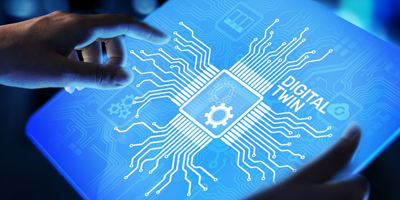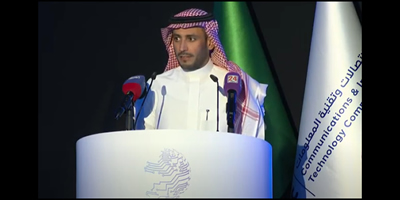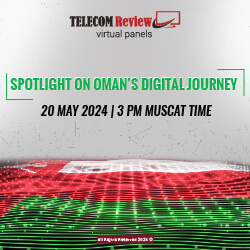Digital transformation is everywhere — literally. From the way we make conversation up to how we make transactions, leaning towards the automated approach is convenient and inevitable. This is applicable as well to the telecom industry as a whole; particularly on the backend.

Reports and Coverage
CITC publishes consultation on spectrum light licensing
Saudi communications authority the Communications and Information Technology Commission (CITC), has published a consultation on 'spectrum light licensing’.
5G uplifts the MVNO market
Soon 5G will be the fastest adopted mobile generation, and for that, the 4G rollout taught mobile virtual network operators (MVNOs) that they must take a more proactive approach if they are to successfully compete with larger mobile network operators (MNOs). Here, Hamish White, CEO of telecommunications software provider Mobilise, explores the 5G future of the MVNO.
KSA sets aside SR4 bn to upskill digital talents, unveils home-grown smart chips
Saudi Arabia launched a host of technology initiatives worth SR4 billion ($1.06 billion) directed at upskilling the 100,000 Saudi digital talents in line with Saudi Vision 2030, according to state news agency report.
Join our upcoming panel to discover the revolution of connectivity through innovation
Telecom Review is hosting a virtual panel, powered by SES, under the theme of “Revolutionizing connectivity through innovation” on September 13 at 3 pm (Dubai time). This panel will give C-level speakers the opportunity to speak about:
Savoye appoints Alain Kaddoum as managing director for the Middle East
As part of its mission to solidify its position in the Middle East as a leading global warehouse automation integrator and software publisher, Savoye has announced the appointment of Alain Kaddoum as the Middle East managing director. With Kaddoum now on board, Savoye will enhance its long-term strategy to become one of the leading providers of supply chain solutions in the region, combining hardware and software according to customer needs such as manual, semi-mechanised, mechanised, highly automated, or robotised installations.
Digital Twin technology for telecom networks
By now, most of us are quite familiar with the term Digital Twin being used across industries, including the ICT industry. The concept of the digital twin has been defined as a digital representation or visualization of a physical or nonphysical entity, such as an organization, city, product, a person that can assist technologists to simulate, predict and forecast the behavior and even control aspects of the physical counterpart in real-time. Digital twin technology (DTT) is gaining momentum for its business benefits, including speeding up product development lifecycles, cost-effectiveness, and creating result-oriented new business models.
Tale of innovation: Quantum in telecom
Abu Dhabi is currently building its own quantum computer — the first innovation of its kind in the UAE.
Egypt to raise ICT sector’s GDP contribution to 5% by 2025
Egypt's ministry of planning and economic development plans to raise the contribution of the telecommunication and information technology sector in the state’s gross domestic product (GDP) to 5% by 2025, from an expected target of 2.6% for fiscal year (FY) 2020/2021, minister of planning and economic development Hala El-Said has revealed, according to state news reports.
Saudi ICT sector set to exceed $27bn by 2025, says CITC gov
Addressing industry experts and stakeholders about the importance of an interconnected economy, Mohammed Al-Tamimi, governor of the Communications and Information Technology Commission (CITC) said that Saudi Arabia will see significant growth in all major areas of digital technology from Internet of Things (IoT) to cloud computing, taking the entire size of the information and communication technology (ICT) sector to $27 billion by 2025.



